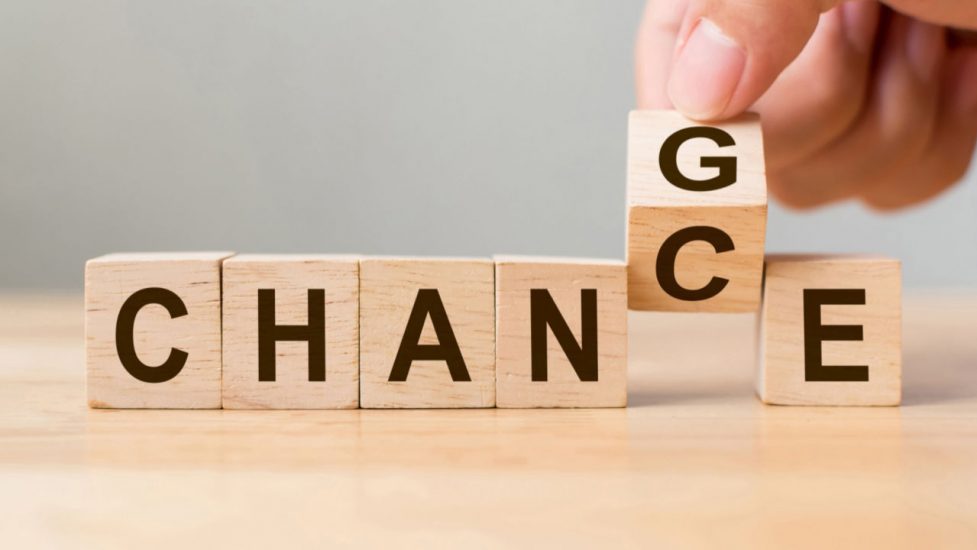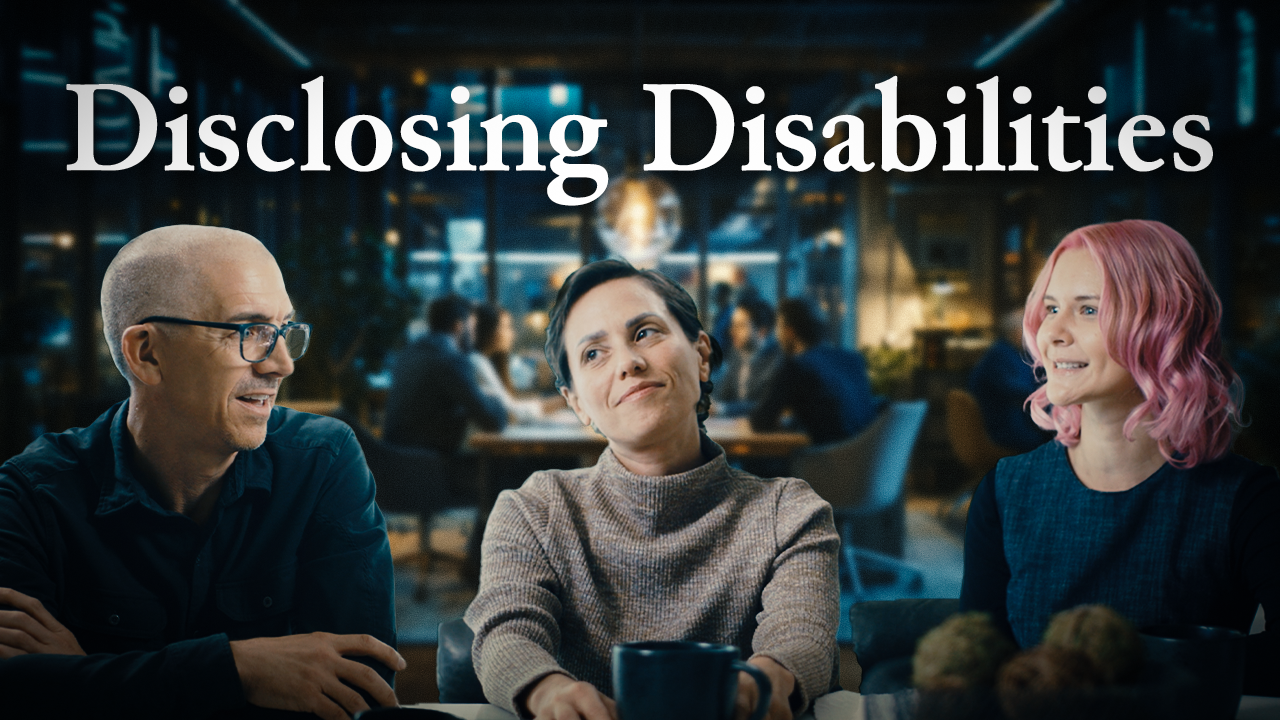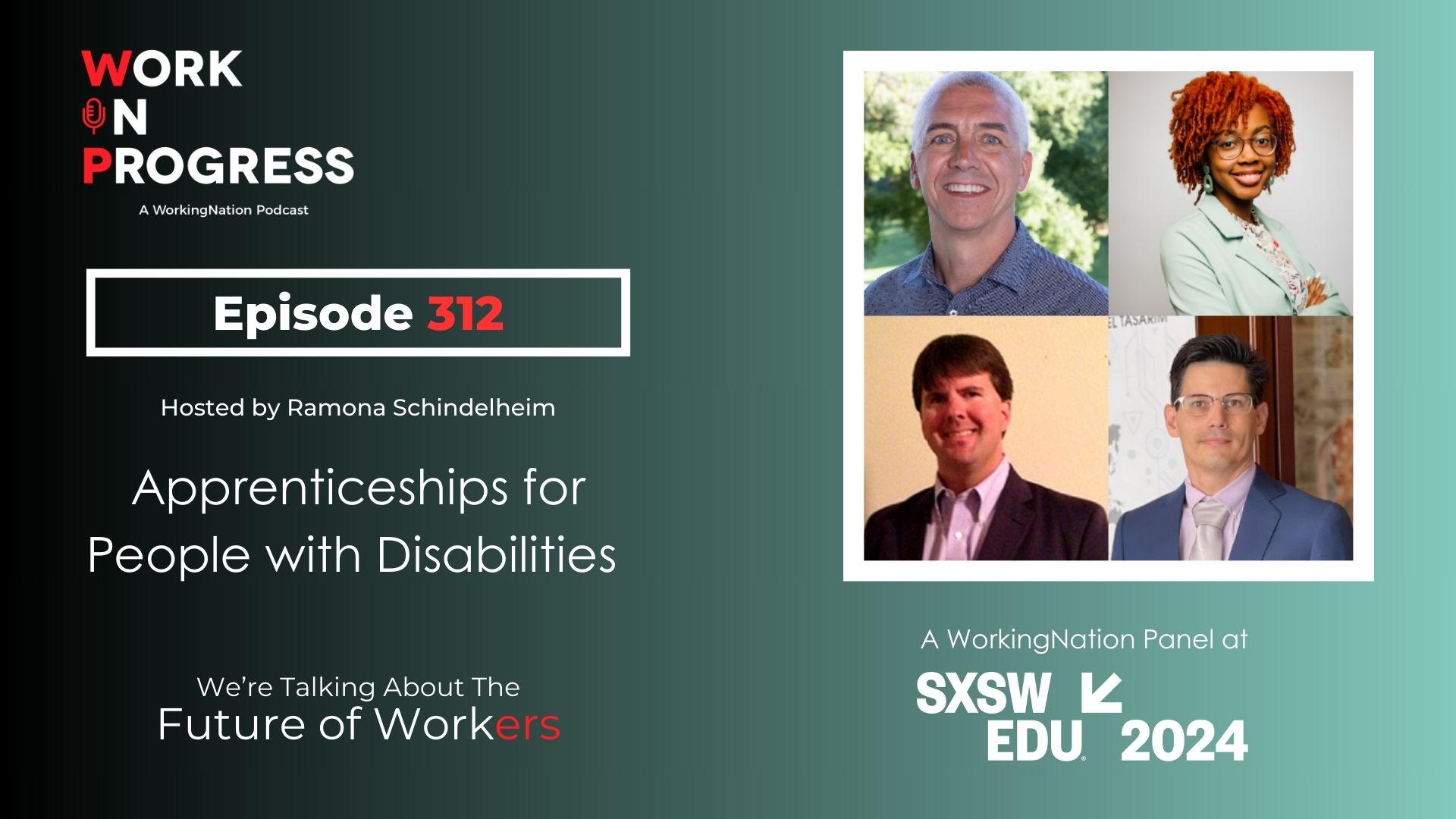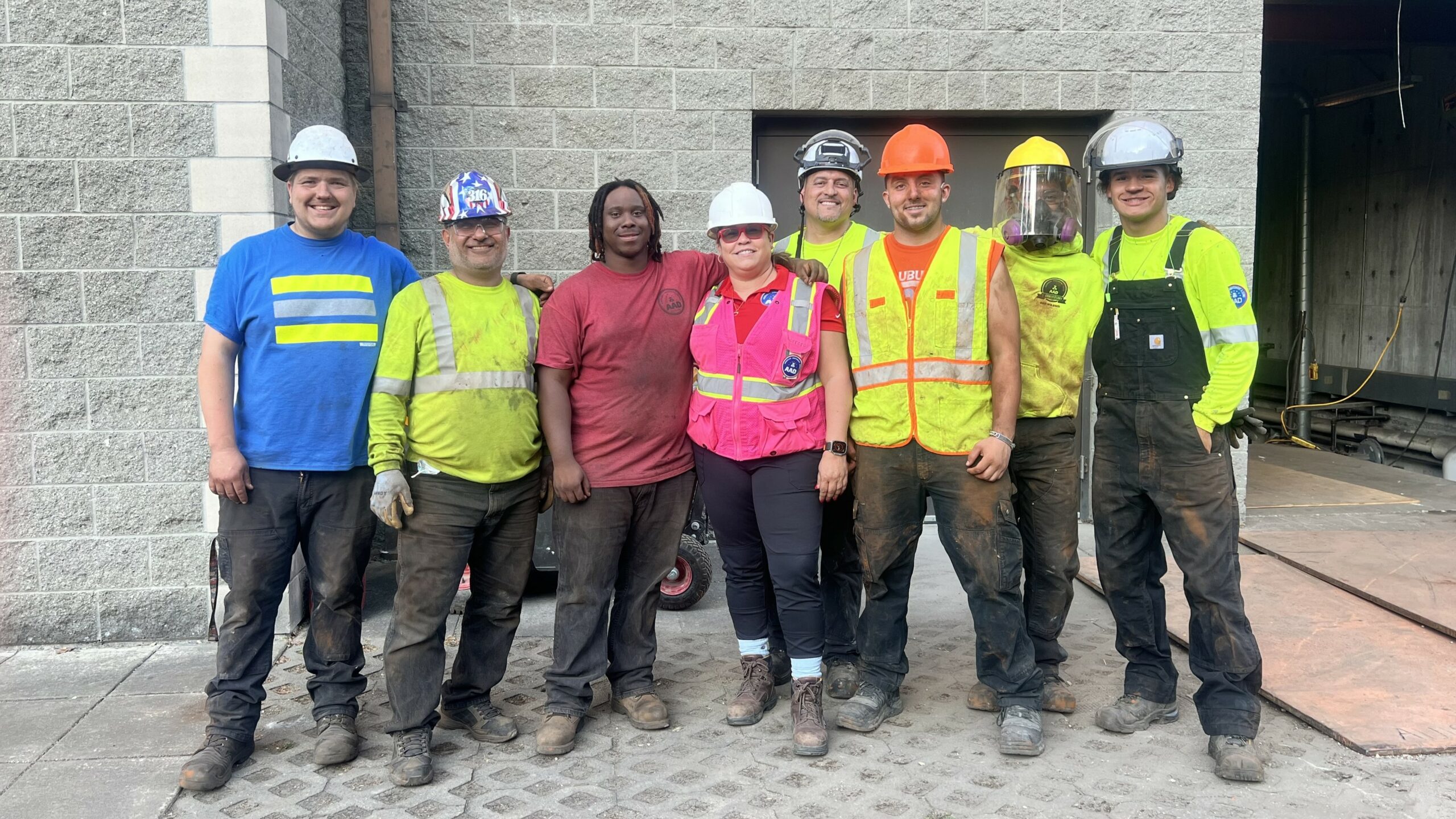Lack of diversity. Lack of access. Lack of opportunity. Lack of necessary skills. Lack of qualified workers.
The world of work is far from perfect, and the pandemic’s disruption, displacement, and sudden shift to remote work exposed even more shortcomings. More than two years into the a reshaped labor market, the way we work has changed.
“The pandemic really highlighted some of the … systemic inequities that we face in terms of jobs and frontline workers,” says Matt Horton, director of the Center for Regional Economics at the Milken Institute and a member of the WorkingNation Advisory Board. “Who has access to jobs that allow them to stay at home? … I think COVID has really highlighted the ways that we can work to accelerate access and to provide more inclusive growth.”
So, as we navigate the new workplace, it raises a question: What must change? We’ve asked Horton and other thought leaders from the fields of workforce development, business, education, and finance at two recent conferences what they see as the number one issue to be fixed to make the American labor market work better for everyone as we continue emerge from the pandemic.
And they told us. Over the coming weeks, we’re sharing the answers from dozens of conversations on our social media channels.
First up, their thoughts on diversity, equity, inclusion, and access.
The DEIA issues they cite could easily affect you or someone you know, perhaps because of your age, ethnicity, or gender, or even for reasons you might not immediately think of. Here’s a sample of what they told us.
Josh Christianson, a WorkingNation Advisory Board member, a senior consultant for the Wheelhouse Group, and a project director at the Partnership on Inclusive Apprenticeship (PIA), points out that addressing access issues for people with disabilities may benefit multiple other disadvantaged groups.
“Disability is really an incredible lens to be really inclusive,” he said. “Whether they identify as a person with disability or not, setting up the protocols, having the technology and platforms, creating the culture of acceptance around disability, I really and truly believe only goes to help the other underrepresented workers that we as Americans need to integrate and include in jobs and leadership in our economy.”
Other workforce groups were hit particularly hard by the pandemic, as highlighted by Ashley A. Putnam, director of the Economic Growth and Mobility Project, at the Federal Reserve Bank of Philadelphia.
“What we have really seen in this crisis is that the populations who are bearing the brunt of what’s happened in our economy are the same populations that were already at risk – so those are women, workers of color, low-wage workers, and workers without a four-year college degree,” she says. “We need to be … thinking with both a gender and racial-equity lens about some of those things like childcare, like additional supports workers need.”
A couple of our thought leaders threw older workers into the mix of those especially affected by the pandemic. Theodora Lau, author of “Beyond Good: How Technology Is Leading a Purpose-Driven Business Revolution” and the founder of Unconventional Ventures, points to benefits of employing them alongside younger workers.
“The time is right, right now, to have more people that are coming from different generations and different backgrounds [in the same workplaces] so we can actually exchange ideas,” she says.
Some of our experts chose to highlight to the obstacles faced by people who’ve been incarcerated.
“We need to help change the narrative of how society views people who’ve been to prison,” says Stanley Andrisse, a formerly incarcerated man with three felony convictions who nevertheless managed to become an endocrinology scientist, a faculty member at Howard University College of Medicine, and author of “From Prison Cells to PhD: It’s Never Too Late to Do Good.”
“Once we do that and we can get people to understand the potential and talent that’s being missed out by having these barriers in place,” he adds, “I think that’s when we will really, actually, be able to make policy change.”
Several of our interviewees highlight the need to address the concerns of indigenous people.
“I think what needs to be fixed or addressed is increasing indigenous representation,” says Melody Lewis, founder and principal consultant at the Phoenix-based Indigenous Community Collaborative. “I think that’s an easy fix. Just calling your surrounding communities or seeing what tribes are within your area to be represented is an easy start.”
But not all of the fixes can be quite so easy, as acknowledged by Maurice Jones, president and CEO of OneTen, which is trying to provide career and economic advancement to one million Black Americans without four-year degrees over the next 10 years.
“We’re walking into a story that has been underway for generations that we are trying to transform, that we’re trying to write a new chapter with,” he says. “The real question is: Can we build the kind of trust needed to make mistakes and be forgiven and keep on this journey?”
You can see all of the insights about diversity, equity, inclusion, and access by visiting this YouTube playlist. We’ll be adding more videos over the next few weeks, so bookmark and check back often. You also can follow the hashtag #WhatMustChange on Twitter, LinkedIn, and Facebook to catch the insights on social media.
Thought Leaders on #WhatMustChange in Diversity, Equity, and Inclusion
WorkingNation asked thought leaders from the worlds of workforce development, business, and other fields what still needs to be fixed after the upheaval of t…
Michael James is WorkingNation’s senior editorial producer of social media. Follow Michael on LinkedIn and on Twitter.











